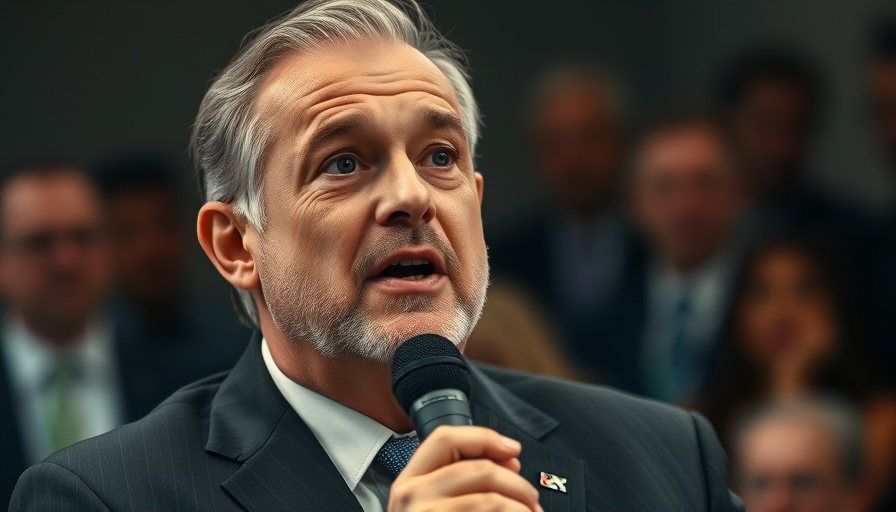
Kabelo Gwamanda Vindicated: A Landmark Decision in South African Justice
The Protea Magistrate’s Court in Soweto has officially dropped all charges against former Johannesburg Mayor Kabelo Gwamanda, marking a significant turn of events in a case that has drawn considerable public and media attention. Initially accused of orchestrating a fraudulent funeral policy scam targeting Soweto residents between 2011 and 2012, Gwamanda has long asserted his innocence. This latest decision, rooted in the failure of the state to provide a necessary charge sheet, has led Gwamanda to declare his vindication.
Understanding the Charges: Historical Context of Allegations
Gwamanda’s troubles began over a decade ago when allegations surfaced regarding his former company, Ithemba lama Afrika. The purported scam rattled the community, raising concerns not just about individual loss but also about the integrity of public officials. Such claims against a prominent politician are inherently sensational and can easily damage a career and reputation, often irreparably. However, the legal principle that a person is innocent until proven guilty is paramount, and Gwamanda's reiterated claims of innocence have finally been backed by the court's decision.
The Campaign for Justice: Gwamanda's Perspective
In responding to the court's provisional withdrawal of the charges, Gwamanda remarked on the importance of truth in the judicial process. “I think it’s a demonstration that the truth will always prevail. If you know that you are innocent, it will be proven as such,” he stated, reflecting a broader frustration felt by many who believe they have been wronged by the legal system. Gwamanda’s case serves as a potent reminder of the complexities within South African politics, where allegations of corruption and fraud can cast shadows not just on individuals but on the political landscape itself.
Implications for South African Politics and Governance
This case arrives amidst ongoing discussions regarding South African politics and governance, particularly surrounding issues like corruption investigations and service delivery protests. As the nation moves closer to national elections, the handling of politically sensitive cases such as that of Gwamanda could sway public opinion and influence voter emotions significantly. Furthermore, with widespread scrutiny on state capture and government policies, the importance of fairness in the judicial process cannot be overstated.
Reforming Justice: The Path Forward for South African Courts
Gwamanda's case highlights the pressing need for reforms within South Africa's judicial system to ensure that charges brought against individuals are substantiated with credible evidence. The reluctance of the state to bring forth a charge sheet raises questions about the thoroughness and rigor of investigations, especially when high-profile individuals are involved. The legal community must advocate for greater transparency and accountability to foster trust in a system often perceived as vulnerable to political influence and corruption.
Public Opinion and Media Representation
The role of media in shaping public perception of figures like Gwamanda is another critical element. Past portrayals have led to a public sentiment that often equates accusation with guilt, complicating the principles of justice that should govern society. As media narrative forms around ongoing cases, it is crucial for it to balance investigative responsibilities with fairness and responsible reporting. This is particularly vital within the context of racial and political dynamics that continue to influence discussions around justice and equality in South Africa.
Conclusion: A Call for Justice and Accountability
The implications of Gwamanda's vindication are vast, not only for himself but for the greater dialogue around accountability in South African politics. As the nation confronts issues regarding justice, corruption, and governance, this pivotal moment encourages a renewed examination of how such cases are handled from investigation through to prosecution. For Gwamanda, his case was not merely about clearing his name but about reclaiming his position in a political landscape overshadowed by doubt and disillusionment.
To stay updated on similar developments in South African politics, join discussions on justice reforms and what this means for the upcoming national elections. Your engagement can foster accountability and integrity within our political systems.
 Add Row
Add Row  Add
Add 


Write A Comment